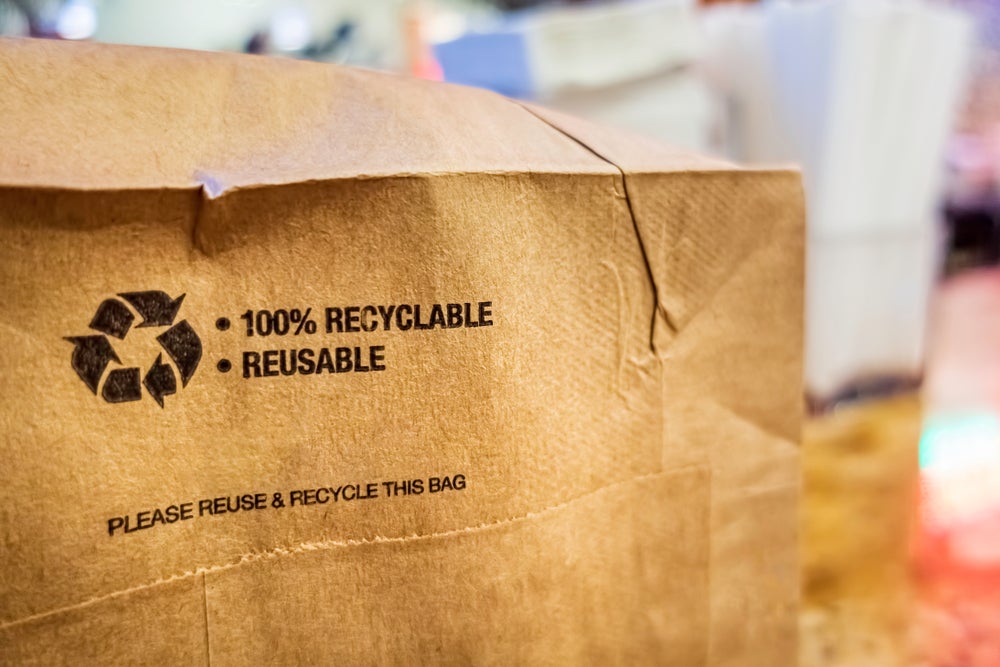
In a new report titled “Making Reuse a Reality,” published by the Global Plastics Policy Centre (GPPC), the potential of reusable packaging to combat plastic pollution has been highlighted.
The study underscores the urgent need to shift away from single-use plastics and embraces a future where reusable packaging becomes the norm. The findings present a compelling case for businesses, policymakers and consumers to adopt this sustainable solution.
The report, released today, showcases extensive research conducted by leading experts in the field. It emphasises that businesses can significantly reduce their environmental footprint and contribute to a circular economy by transitioning to reusable packaging.
According to the GPPC, this paradigm shift requires collaborative efforts among all stakeholders involved.
The report notes that the current reliance on single-use plastics is detrimental to the environment, leading to pollution, habitat destruction and threats to marine life.
However, reusable packaging offers a viable alternative, providing a range of benefits such as reducing waste generation, conserving resources and minimising greenhouse gas emissions.
Key recommendations to accelerate the adoption of reusable packaging
The “Making Reuse a Reality” report puts forth a series of key recommendations aimed at fostering the widespread adoption of reusable packaging.
These recommendations provide a roadmap for businesses, governments and consumers to embrace this sustainable solution and drive positive change.
Collaborative Innovation: The report stresses the importance of fostering collaboration between businesses, policymakers and research institutions to drive innovation in reusable packaging. Encouraging partnerships and knowledge-sharing initiatives can lead to the development of more efficient and scalable reusable packaging solutions.
Policy Support and Regulation: Governments and policymakers are urged to enact supportive policies and regulations that incentivise businesses to adopt reusable packaging. This may include offering tax incentives, establishing deposit return schemes, or implementing extended producer responsibility programs.
Consumer Education and Engagement: The report emphasises the significance of raising consumer awareness about the benefits of reusable packaging. Education campaigns and public outreach initiatives should be implemented to empower consumers to make informed choices and actively participate in the transition towards a sustainable future.
Investment in Infrastructure: Adequate investment in infrastructure is vital to facilitate the implementation of reusable packaging systems. The report calls for the development of collection, sorting and cleaning facilities to support the efficient operation of reusable packaging models.
Multi-sector Collaboration: The GPPC report advocates for multi-sector collaboration to overcome challenges and drive systemic change. By bringing together businesses, governments, NGOs and other stakeholders, a coordinated effort can be made to scale up reusable packaging and create a more sustainable future.
The “Making Reuse a Reality” report serves as a wake-up call to address the pressing issue of plastic pollution and highlights the potential of reusable packaging to mitigate its impact.
As businesses and governments recognise the urgency to embrace sustainable alternatives, the findings from this report can serve as a guiding light towards a future where reusable packaging plays a pivotal role in building a cleaner and greener planet.




